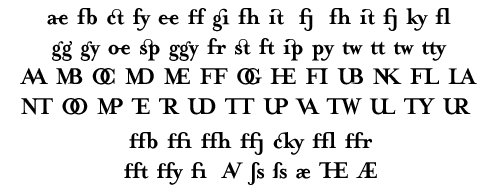Mabon Moon of the First Snow
“There are not many persons who know what wonders are opened to them in the stories and visions of their youth; for when as children we learn and dream, we think but half-formed thoughts, and when as men we try to remember, we are dulled and prosaic with the poison of life.”
—Celephaïs
This is a quote from an H.P. Lovecraft story published in Weird Tales. Lovecraft continues to resonate with some of us. A big celebration of his 125th birthday was held in his hometown of Providence, Rhode Island this summer.
I’ve not read this story, but the quote kindled in me a desire to revisit certain childhood stories that captivated me. The one that has remained with me though I’ve never been able to find it again is The Weatherman. This was the story of a man, a god?, who makes the weather. Well illustrated, it shows an older man with a long gray beard who picks out different colored ribbons from his sack and flies with them through the sky, creating storms and blue skies and snow.
Retelling this story with my child’s wonder would be fun. That’s what struck me with this quote. I’ve been having a lot of these ideas surface recently, then I let them subside rather than acting of them. That time is coming to an end.
Greg Membrez, my Latin tutor, replied to a recent post on facebook about the snow: “Good time to read some Latin?” I’ve been away from the translating since mid-spring and I’d only just gotten started again when I let it slide during cancer season. I need the longer term projects like novels and translating Ovid. They keep me fresh and engaged. Time to get back to them.

